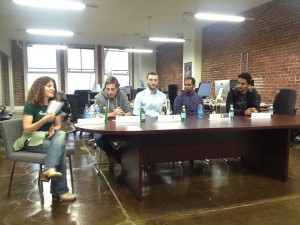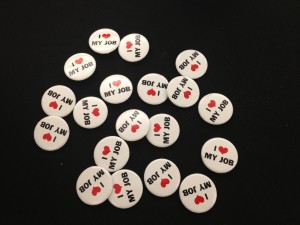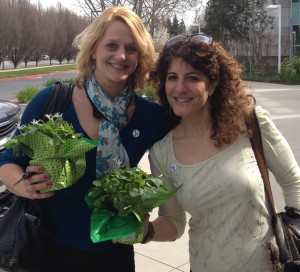Last year WebFWD (the accelerator program I run for Mozilla) had the privilege of hosting a few events with Black Founders, a fantastic organization doing great things for tech entrepreneurs. At one of the events I had the pleasure of meeting Chad Whitacre, chief promulgator of Gittip, a radically open organization seeking to change how value is exchanged. Gittip brought along their partner Balanced, a payments processing, escrow and payouts service.
Fast forward a few (or maybe 9) months or so and we all reconnected when Balanced came up with the idea of exploring how “open” extends not only to code, but to business practices. Balanced help us frame the topic with a quote from Eric Raymond, author of the classic work The Cathedral and the Bazaar:
“I expect the open-source movement to have essentially won its point about software within three to five years (that is, by 2003–2005). Once that is accomplished, and the results have been manifest for a while, they will become part of the background culture of non-programmers. At that point it will become more appropriate to try to leverage open-source insights in wider domains.”
I then had the pleasure of moderating a discussion of this with our 4 panelists:
The ensuing discussion was rich, partly due to the broad range of perspectives of these panelists. For example, where Chad shared how he does not pay his staff, Matin stated that he embraces open as simply “good business practice” with a focus is to maximize revenue, margins and shareholder value. For Jaisen, operating in the open is a key vehicle to gain users’ trust: “It’s impossible to stab our customers in the back.”
What ‘open’ looks like also varied among the panelists. Matin was careful to point out that many people hesitate operating openly out of a misunderstanding of their core value proposition and competitive advantage is. Typically this is NOT the product roadmap (which Balanced publishes), but it IS the brand, customer relationships and the culture.
Most did agree that operating in the open – sharing product plans, rationale for making key business decisions, etc. – takes a lot of work. It takes energy, time and focus to ensure that these things are communicated in the proper channels, and questions are addressed. Nonetheless, “we’ve never had a debate that was not worth having,” says Chase. However, “it is a challenge to build mechanisms for ingesting all of the information” he adds. Example: Watsi exports all o ftheir quickbooks information (with key user information anonymized) onto their website – before it is audited. This means they got lots of feedback on what is not correct or needs fixing. The benefits of corrected accounting offset the cost of managing all of the feedback.
Jaisen also shared that his definition of “Free Open Software” is less about offering software at no cost and more about offering a range of choice for software. Trovvebox has over 100 contributors to its source code and many offer strong opinions that help the team continually consider its choices in direction.
What in summary would these panelists advise others considering running their businesses more openly?
Grilling is fun!



